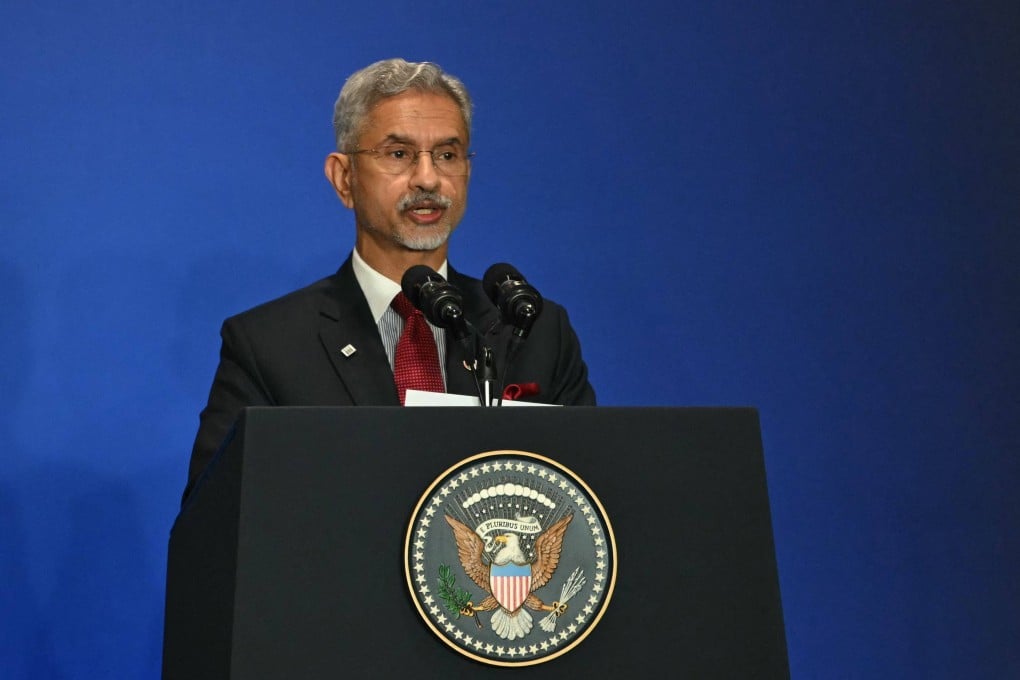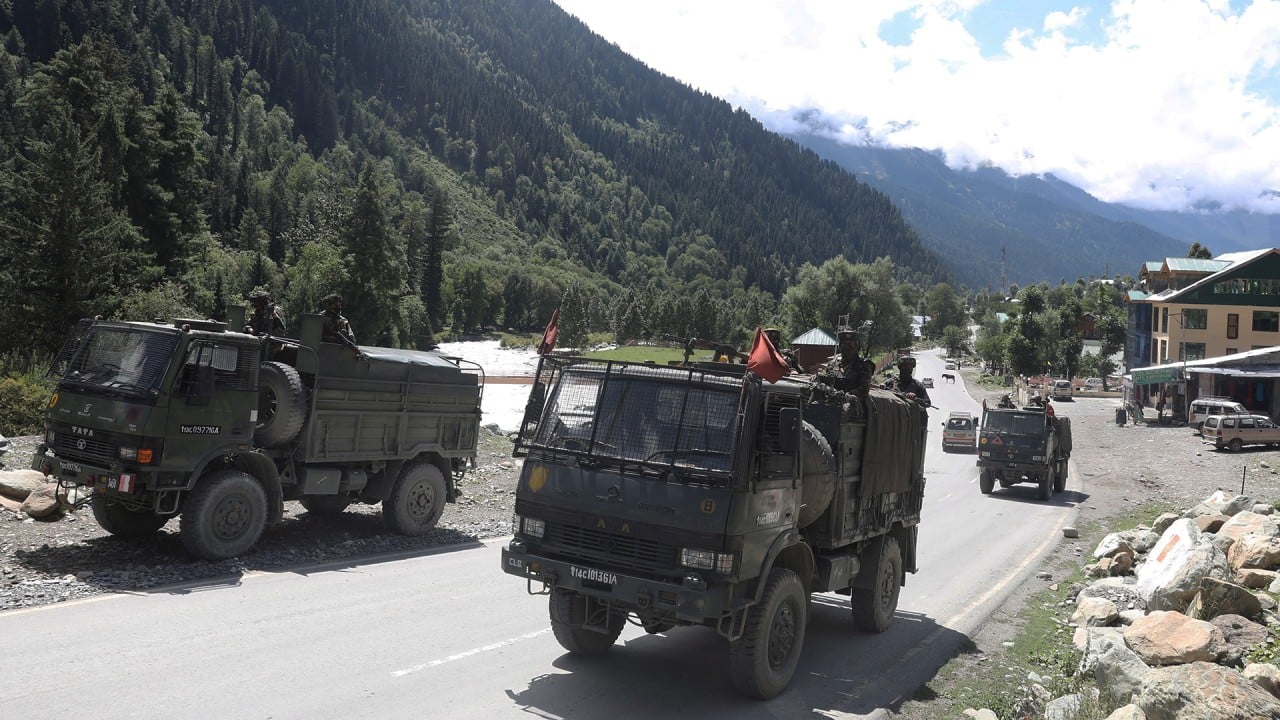India-China relationship is key to the future of Asia, New Delhi’s foreign minister says
India can ‘chew gum and walk at the same time,’ Jaishankar says of his country’s membership of both Quad and China-Russia aligned Brics

“I think the India-China relationship is key to the future of Asia. In a way, you can say, if the world is to be multipolar, Asia has to be multipolar,” he said, adding that the ties between the two unfriendly neighbours would “influence not just the future of Asia, but in that way, perhaps the future of the world as well”.
Jaishankar, who was India’s ambassador to China from 2009 to 2013, made the remarks on Tuesday on the sidelines of the United Nations General Assembly during an event hosted by Asia Society, a think tank in New York.
“Right now, both sides have troops who are deployed forward,” Jaishankar said, adding that although disengagement had been the focus over the past four years, it was “only one part of the problem”.
The “main issue”, he said, was patrolling those disputed areas along the border because the arrangement put in place in the 1990s and early 2000s was “disturbed” after the Galwan clashes.
“Some of the patrolling issues need to be resolved, but once we deal with the disengagement, there is the larger issue, which both of us have brought very large number of troops up to the border. So there is what we call the de-escalation issue,” the top Indian diplomat noted.
Highlighting that China and India each had a population of more than a billion, Jaishankar acknowledged that their ascent in the global order, along with their “overlapping peripheries”, created an unusual issue.
